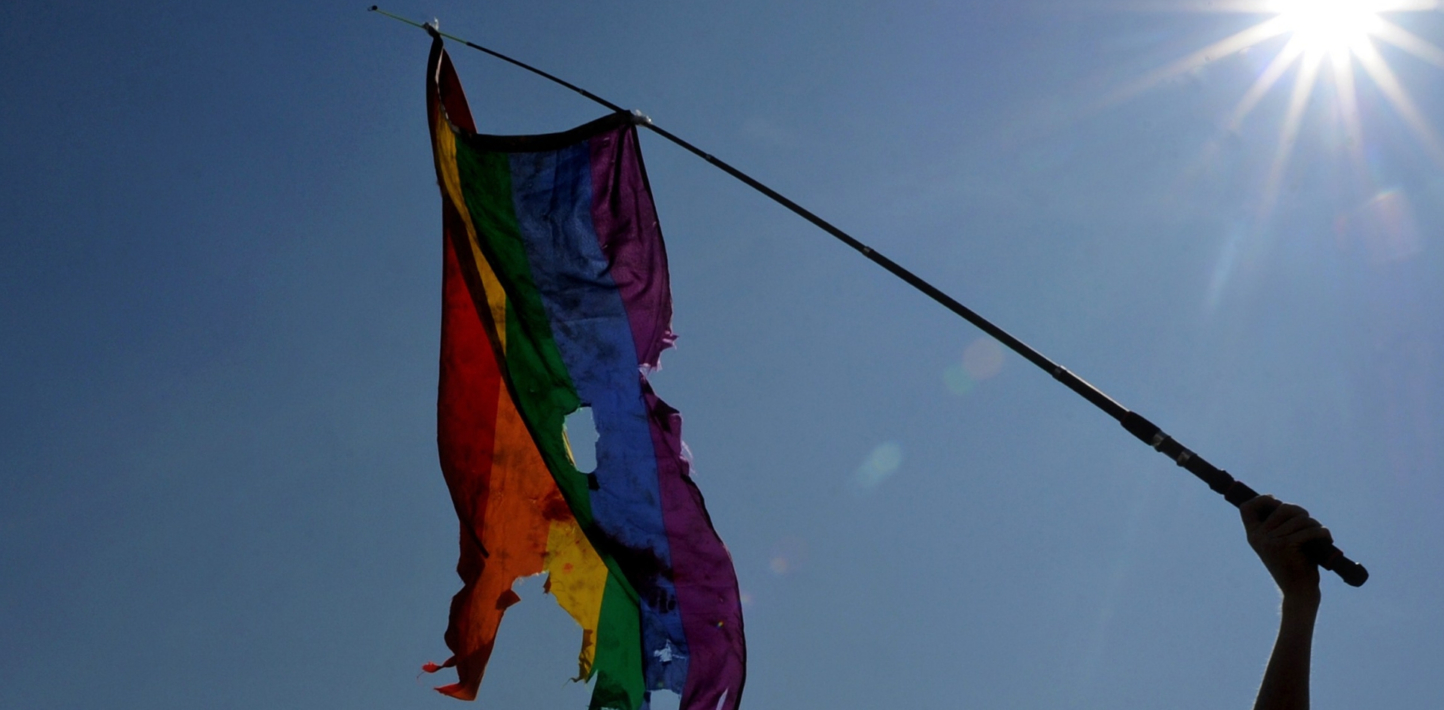South Sudan has just celebrated its ten-year anniversary of independence, and oh boy, what a decade! By now we could have conducted our second general elections as an independent country and at least completed the ratification process of the two main human rights covenants: The International Covenant on Civil and Political Rights (ICCPR) and the International Covenant on Economic, Social and Cultural Rights (ICESCR). However, ‘the 2013 and 2016 wars’, ‘famine’, ‘sanctions’ blah, blah, blah have been excuses used by our leaders that we haven’t. Most recently, a new excuse came in: The youth are not yet ready for leadership.
On the contrary, South Sudanese youth are very ready, capable and willing to lead the country and contribute positively to South Sudan’s development and human rights record. Participating in the Twitter chat #10YearsSouthSudan on the country’s 10th Independence Day alongside other like-minded South Sudanese youth gave me confidence that the youth are ready to make a positive change. It is rare to have such open-minded conversations in an environment where state surveillance is the norm.
The Twitter debate, hosted by Amnesty International’s East Africa, the Horn and Great Lakes Regional Office on 9 July 2021, meant I had to repeatedly conduct risk assessments before accepting to participate in the chat. I knew I risked being arbitrarily arrested or could start receiving threatening calls after the chat. And so, I half-heartedly joined the chat, but it turned out to be an absolute thrill.
The thought of unknown people reading our live chat and tweets, engaging with audiences – of whom you can never be sure whether their intentions are pure or whether they are monitoring your every word to later use to accuse you of being against the government – and answering important, yet sensitive, questions about human rights made me feel nervous during the engagements. In South Sudan, talking about human rights can make you a person of interest to state security actors. Amnesty’s recent report “These Walls Have Ears”: The Chilling Effect of Surveillance in South Sudan, which is still discussed and referred to in conversations about civic space in South Sudan and beyond, makes the situation even more sensitive. However, reflecting on the past ten years with concrete evidence of violations gave me more confidence to openly contribute.
Reflecting on the past ten years from a human rights lens was a tough one. There was little to celebrate of the past ten years in South Sudan. Several times I was tempted to urge the moderator to ask us about our dreams for a better South Sudan. A participant reminded everyone about the difficulty of addressing the derailing freedom of expression without tackling the general insecurity and tribal clashes in the country. Sometimes, things might appear easy and upright until put to a critical thinking test. That simple point, not in human rights jargon, but from a layman’s perspective made me realize the importance of having a space where people with many different views can bring about healthy discussions that can contribute positively to addressing issues.
For the next ten years, South Sudan needs to adopt a human rights agenda, commit to building a country that respects and protects the rights of its people and ensure that never again shall its people experience perpetual wars and injustice. This was echoed by the participants as well as the other panelists. A human rights agenda will help us monitor the commitment by the government with regards to specific human rights issues and ensure it meets its obligations. A human rights agenda makes us look at a development of South Sudan as fulfillment of human rights obligations of the state. Article 1 of the Declaration on the Right to Development defines the right to development as an inalienable human right by virtue of which every human person and all peoples are entitled to participate in, contribute to, and enjoy economic, social, cultural and political development, in which all human rights and fundamental freedoms can be fully realized. However, we can only realize this if the government genuinely prioritizes human rights as part of its development imperatives. A first test and indeed obligation is to put in more effort to revamp and fund the national human rights commission as well as the state-level commissions.
It is worth noting that there was general agreement that South Sudan was lagging far behind on respecting, fulfilling, and protecting human rights. After participating in the Twitter chat, I am convinced that we should continue the conversation and invite government officials of interest to be participants or panelists.
Freedom of expression – one of the 10 human rights priorities identified during the conversation to be part of an agenda – is hard to come by in South Sudan. But by enabling me to listen to and learn from views held by other South Sudanese youth and express my own, the Twitter chat proved why it is important to always create new avenues to express ourselves as South Sudanese youth.
It was such a fruitful experience. Next time, with enough publicity and mobilization, we are likely to have a tremendous beginning of human rights discussion in the country. We, the youth, are ready to lead this.
John Ador Akoy is a human rights defender working with South Sudan Human Rights Defenders Network, youth and peace activist at Anataban Arts Initiative, a story developer, writer and a practicing certified mediator.


